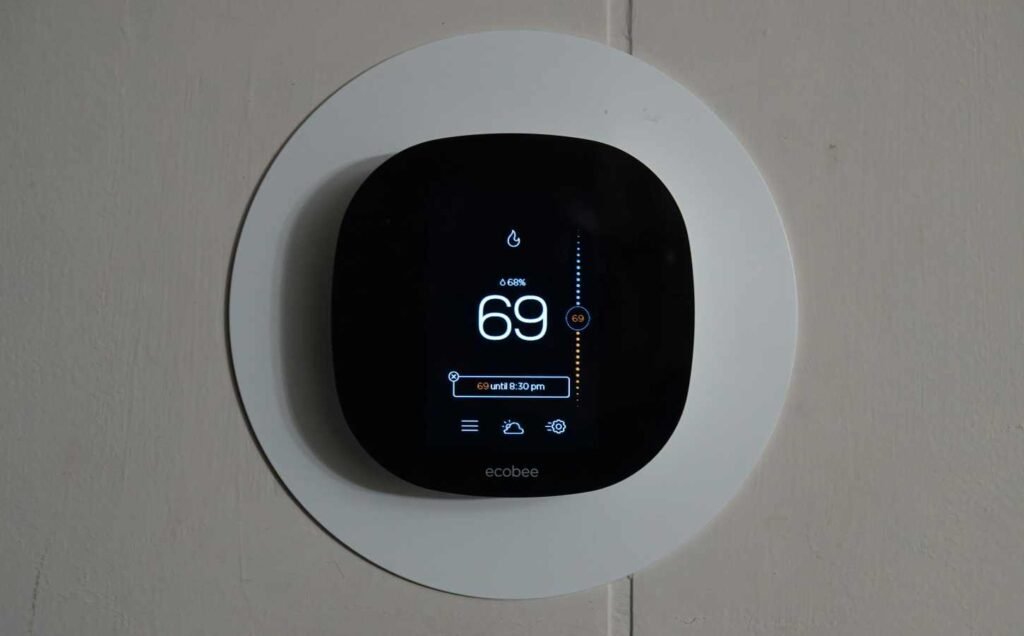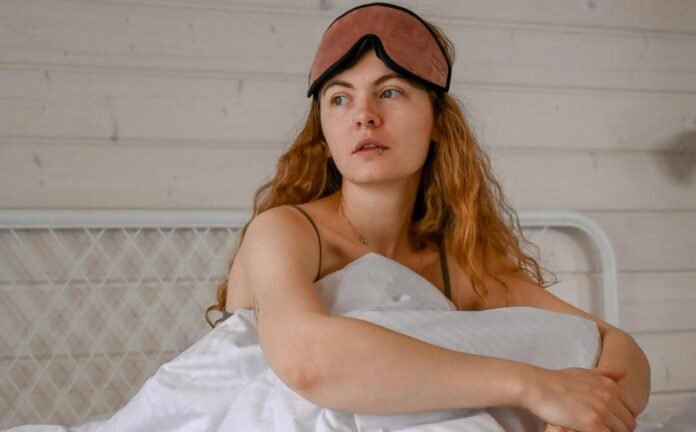The impact of sleep deprivation on cognitive function is profound and far-reaching.
Sleep is a fundamental aspect of human health, influencing various physiological and cognitive processes. However, modern lifestyles often lead to sleep deprivation, which can have severe consequences on cognitive function. Recent research highlights the alarming impact of inadequate sleep on our mental capabilities.
This article delves into the findings of a new study and explores strategies to mitigate the adverse effects of sleep deprivation on cognitive function.
The Critical Role of Sleep in Cognitive Health
A study published in Experimental Brain Research explores the intricate relationship between sleep deprivation and cognitive function. Conducted by a team of neuroscientists, the research involved a series of cognitive tests administered to participants after a night of normal sleep and after a night of total sleep deprivation. The results were striking and highlighted significant impairments in various cognitive domains.
Key Findings:
- Reduced Attention and Vigilance:
- Participants displayed a marked decrease in attention and vigilance after sleep deprivation. Tasks requiring sustained focus showed notable performance declines, indicating that sleep is crucial for maintaining attention.
- Supporting Research: A study from Harvard Medical School and the University of California, Berkeley underscores that sleep deprivation impairs attentional processes, leading to decreased performance in tasks that require prolonged concentration.
- Impaired Memory Function:
- Sleep deprivation significantly affected both short-term and long-term memory. Participants struggled with tasks involving recall and recognition, emphasizing the role of sleep in memory consolidation.
- Supporting Research: Research from Nature Communications found that sleep helps consolidate memories by strengthening neural connections formed during waking hours.
- Decreased Problem-Solving Skills:
- The ability to solve complex problems and think critically was severely hampered by lack of sleep. Participants exhibited slower reaction times and reduced accuracy in problem-solving tasks.
- Supporting Research: The Journal of Sleep Research reports that sleep deprivation adversely affects executive functions, which are crucial for decision-making and problem-solving.
- Emotional Regulation:
- Sleep-deprived individuals showed heightened emotional reactivity and reduced capacity for emotional regulation. This finding suggests that adequate sleep is essential for maintaining emotional stability.
- Supporting Research: A study published in Current Biology explains how sleep deprivation leads to hyperactive emotional responses due to a disconnect between the amygdala and prefrontal cortex, crucial areas for emotional regulation
Strategies to Mitigate Sleep Deprivation Effects
Given the profound impact of sleep deprivation on cognitive function, it is crucial to adopt strategies that promote better sleep habits and mitigate these adverse effects.
- Prioritize Sleep Hygiene:
- Maintain a consistent sleep schedule by going to bed and waking up at the same time every day.
- Create a sleep-conducive environment that is dark, quiet, and cool. Consider using blackout curtains and white noise machines to eliminate disturbances.
- Limit Stimulants and Electronic Devices:
- Avoid caffeine, nicotine, and heavy meals close to bedtime. Reduce screen time before bed as the blue light emitted by electronic devices can interfere with the production of melatonin, the sleep hormone.
- Incorporate Relaxation Techniques:
- Engage in relaxation practices such as meditation, deep breathing exercises, progressive muscle relaxation, or yoga to reduce stress and prepare your body for sleep.
- Stay Physically Active:
- Regular physical activity can improve sleep quality. Aim for at least 30 minutes of moderate exercise most days of the week, but avoid vigorous exercise close to bedtime.
- Consider Cognitive Behavioral Therapy for Insomnia (CBT-I):
- CBT-I is a structured program that helps individuals identify and change behaviors and thoughts that negatively impact sleep. It is highly effective in treating chronic sleep deprivation and improving sleep quality.
Conclusion
The research underscores the critical role of sleep in maintaining cognitive function. Sleep deprivation not only impairs attention, memory, and problem-solving skills but also affects emotional regulation. By adopting healthy sleep habits and prioritizing sleep hygiene, individuals can mitigate the adverse effects of sleep deprivation and enhance their cognitive health. Ensuring adequate sleep is not just about feeling rested—it’s about preserving cognitive function and overall well-being.
For more information on the impact of sleep deprivation and strategies to improve sleep, visit the SpringerLink study and PsyPost.
PUREDOSE Micelle Liposomal Magnesium: Unlock Vitality and Restful Sleep – Review

Crafted by wellness experts, PUREDOSE Micelle Liposomal Magnesium rejuvenates your vitality by replenishing magnesium levels. With its innovative liposomal delivery system, it ensures optimal absorption for maximum benefits.
This essential mineral, vital for over 300 body functions, not only boosts energy and relaxes muscles but also plays a crucial role in promoting restful sleep.
Continue reading: PUREDOSE Micelle Liposomal Magnesium – Review
Best Temperature for Sleep: Optimize Your Sleep Environment

Many factors contribute to a good night’s rest, the temperature of your sleep environment plays a crucial role. Understanding the best temperature for sleep and how to achieve it can significantly enhance your sleep quality.
This article looks into the science behind sleep temperature, its impact on sleep, and practical tips to create the ideal sleep environment.
Continue reading: Best Temperature for Sleep




